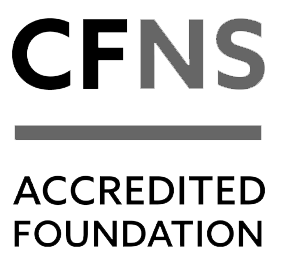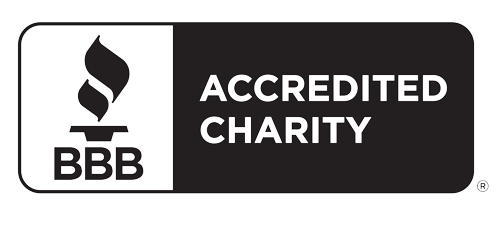There are several types of charitable funds available to support your giving goals. Our staff can help you choose one or more that match your charitable intent and your personal approach to giving. Any of the following types of funds may be established during the donor’s lifetime or through the donor’s estate plans.
Funds that are established through the donor’s estate plans are referred to as “legacy funds.” Click here to learn more about others who have named the NoCo Foundation in their estate plans or made a gift from their estate into an endowed fund.
To view sample fund agreement for the different types of funds, please click on a link below.
Donor Advised
These funds are established by donors who wish to actively participate in the grantmaking process in a convenient and flexible manner. Individuals, corporations, families, or committees who establish a fund advise our staff throughout the year with respect to grantmaking that benefits charitable projects or organizations of their choice. Donor Advised funds make it easy to give to multiple nonprofit agencies in varying amounts at numerous times throughout the year. Successor advisors can be named and the fund can be a beneficiary of a will, a gift annuity or charitable remainder trust. Please note that the Community Foundation’s Board of Trustees is legally responsible for approving all grants.
Scholarship
Donors work with our staff to establish objective criteria by which scholarship recipients will be selected. For example, scholarship criteria can look at financial need, academic achievement, seniors who are graduating from a specific school, or graduating seniors who live in a particular geographic area. Donors may serve on the selection committee (in accordance with current laws), but our staff handles the necessary paperwork and ensures that scholarship awards are distributed to each recipient’s college/university. Scholarship funds must be endowed, and a minimum balance of $200,000 is required.
Designated
Donors (individual and corporate) who wish to support specific agencies or causes can establish a designated fund; in the alternative, a donor may choose to contribute to an existing designated fund. If the original charity ceases to exist, becomes obsolete, or is unable to perform its charitable purposes, the Community Foundation’s Board of Trustees will redirect the funds to an organization providing similar service, without the cost of expensive legal action.
Field of interest
These funds are often established to support particular interest areas, specific program initiatives, causes, or geographic areas. To honor the donor’s wishes, use of the funds is restricted to a specified area of interest. Grants from these funds are awarded to local nonprofit agencies by our Community Fund Committees. A field of interest fund is similar to an unrestricted fund (see below), except that with a field of interest fund the donor specifies a general area of use when the fund is established. The donor does not reserve an ongoing advisory role.
Unrestricted
These funds are not designated for use by a particular agency, cause or area of interest. The Community Foundation’s Board of Trustees oversees the use of these funds, setting priorities for their use and determining how grants will be distributed to support the charitable needs of our community. Unrestricted funds give us the ability to respond to pressing and often changing needs in the community. The Board of Trustees empowers our Community Fund Committees to recommend unrestricted grant awards.
What is an endowment?
Endowed Fund: A permanent fund with sustainable distributions for charitable purposes. Typically a 4.5% annual distribution from the fund is considered to be sustainable.
Non-Endowed Fund: A fund that requires a minimum balance to remain open and active. The minimum balance varies by type of fund and is described in our Fee Schedule. Everything above the minimum balance is available to distribute at any time. The entire fund, including the minimum balance, is invested. At any time, the donor can advise our staff that their intention is to distribute the entire fund balance and close the fund.



